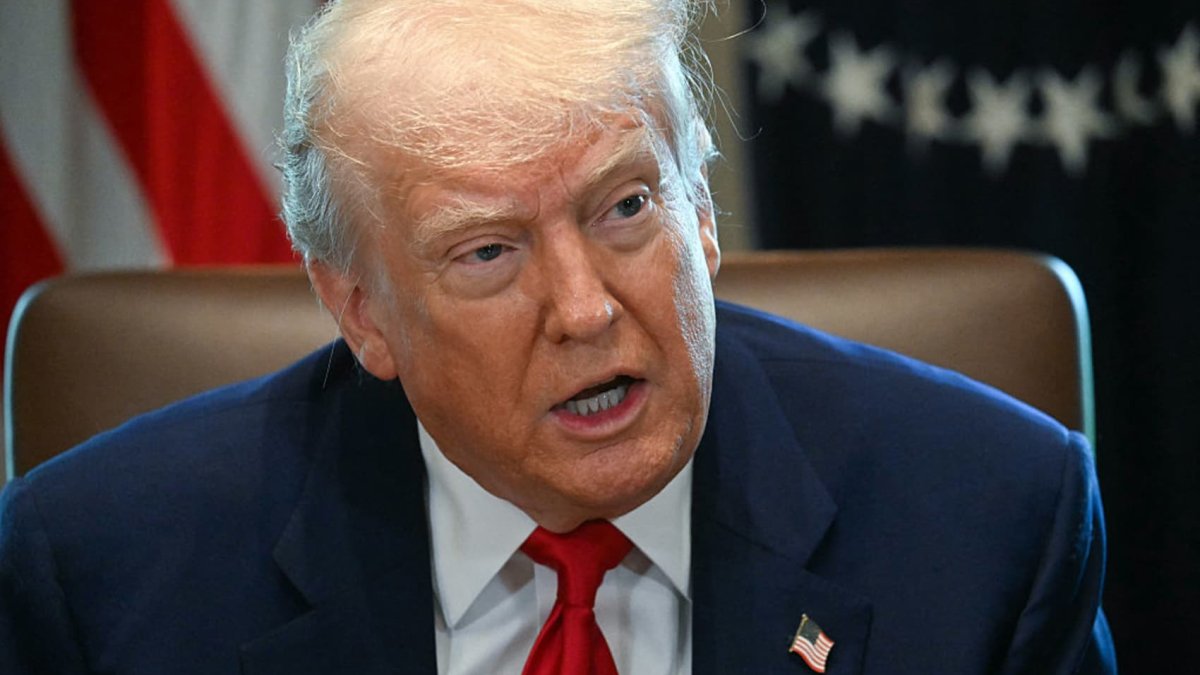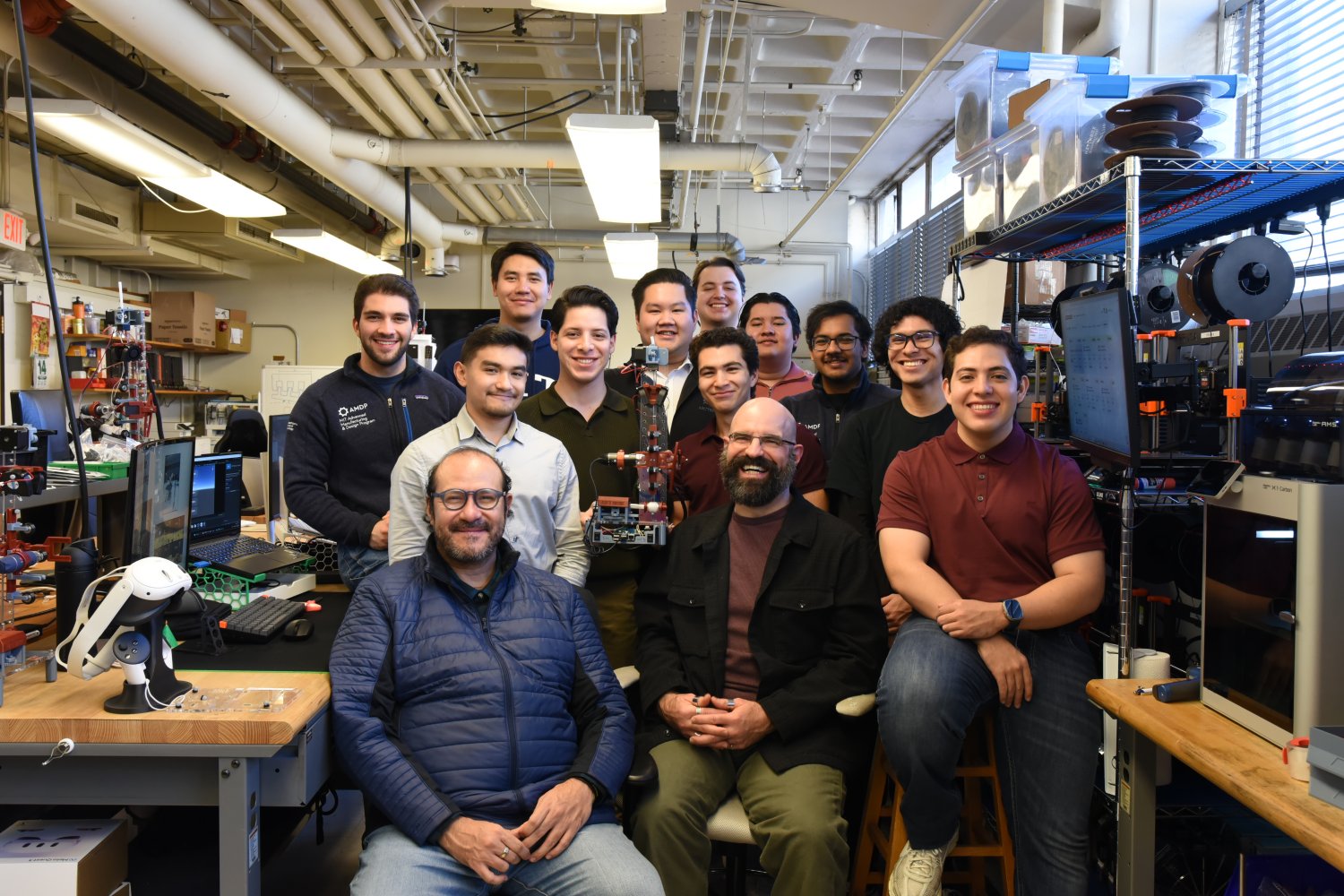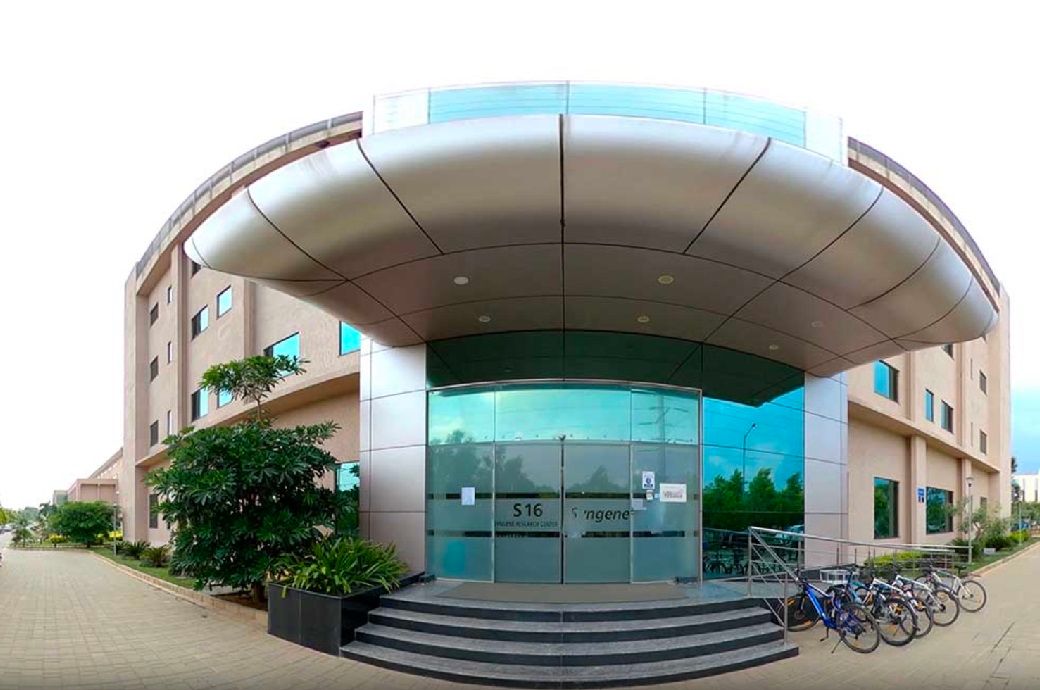Crisis Looms: New Hampshire's Manufacturing Lifeline on the Brink of Collapse
Manufacturing
2025-04-04 13:47:23Content

In a paradoxical move, President Trump's trade policies are sending mixed signals to the American manufacturing sector. While loudly proclaiming that tariffs will revitalize U.S. manufacturing, the administration is simultaneously undermining critical support infrastructure by slashing funding for the Manufacturing Extension Partnership (MEP) program.
These federal centers, designed to bolster manufacturing growth and competitiveness, now face an existential threat. The president of New Hampshire's MEP warns that continued budget cuts could force the program's closure, potentially undermining the very industrial renaissance the administration claims to champion.
The disconnect is stark: imposing trade tariffs on one hand while defunding key manufacturing support programs on the other creates uncertainty for small and medium-sized manufacturers who rely on MEP's technical assistance, workforce training, and strategic guidance.
This approach raises serious questions about the administration's commitment to sustainable manufacturing growth, suggesting a disconnect between rhetoric and practical support for American industrial development.
Manufacturing's Crossroads: Trump's Tariffs and the Uncertain Future of MEP Support
In the complex landscape of American industrial policy, a critical tension emerges between presidential trade strategies and the fundamental support systems that sustain manufacturing innovation. The Manufacturing Extension Partnership (MEP) program finds itself at the epicenter of a profound policy debate that could reshape the future of U.S. industrial competitiveness.When Economic Policies Collide: The Silent Threat to Manufacturing Growth
The Tariff Paradox: Promise versus Reality
The Trump administration's trade strategy presents a multifaceted challenge to the manufacturing sector. While proclaiming tariffs as a mechanism to revitalize American industrial production, the simultaneous defunding of critical support infrastructure like the Manufacturing Extension Partnership program reveals a potentially contradictory approach. These tariffs, marketed as a renaissance for domestic manufacturing, risk undermining the very ecosystem designed to nurture technological advancement and operational efficiency. Manufacturers across the United States face unprecedented challenges in maintaining global competitiveness. The MEP program has historically served as a crucial lifeline, providing small and medium-sized manufacturers with technical assistance, strategic guidance, and innovation resources. By proposing significant budget cuts, the administration potentially dismantles a network that has been instrumental in supporting technological adaptation and economic resilience.Economic Implications of Institutional Dismantling
The potential closure of MEP centers represents more than a bureaucratic restructuring; it signifies a fundamental shift in how the United States approaches industrial policy. These centers have been pivotal in helping manufacturers navigate technological transitions, implement advanced manufacturing techniques, and compete in an increasingly complex global marketplace. Economic experts argue that the proposed funding cuts could have cascading effects beyond immediate program elimination. Small manufacturers, often operating with limited resources, rely extensively on MEP's expertise for process optimization, workforce training, and technological integration. The sudden withdrawal of such support could create significant barriers to innovation and growth, potentially undermining the very manufacturing renaissance the administration claims to champion.Technological Innovation and Institutional Support
The Manufacturing Extension Partnership has been more than a government program; it represents a strategic investment in America's industrial future. By providing targeted technical assistance, these centers have helped countless manufacturers adopt cutting-edge technologies, improve operational efficiency, and develop competitive strategies in a rapidly evolving global economy. The program's approach goes beyond traditional consulting, offering hands-on support that addresses the unique challenges faced by regional manufacturers. From advanced robotics implementation to cybersecurity enhancement, MEP centers have been instrumental in helping businesses navigate complex technological landscapes.Regional Economic Dynamics and Workforce Development
Beyond technological support, MEP centers play a crucial role in regional economic development. By supporting local manufacturers, these institutions contribute to job creation, skill development, and economic stability in communities across the United States. The potential dismantling of this network could have profound implications for local economies, particularly in regions heavily dependent on manufacturing sectors. Workforce training and skill development represent another critical dimension of the MEP's impact. As manufacturing becomes increasingly sophisticated, these centers have been pivotal in bridging skill gaps, providing training programs that prepare workers for advanced technological environments.Policy Crossroads: Balancing Protectionism and Innovation
The current policy approach highlights a fundamental tension between protectionist trade strategies and the nuanced support required for genuine industrial innovation. While tariffs might offer short-term political narratives, sustainable manufacturing growth demands comprehensive, long-term institutional support. The potential closure of MEP centers underscores a critical policy challenge: how to effectively support domestic manufacturing in an era of rapid technological transformation and global economic complexity. The administration's approach raises significant questions about the strategic vision guiding American industrial policy.RELATED NEWS
Manufacturing

3D-Printed Firearm Fabricator: Nevada Man Faces Half-Decade Behind Bars
2025-04-17 22:36:26
Manufacturing

Biotech Boom: BioMADE Membership Skyrockets, Signaling US Industrial Revolution 2.0
2025-03-06 17:29:05
Manufacturing

Local Manufacturing Giant Transforms Community: Miele Drops Massive $1M Lifeline to County YMCA
2025-04-17 03:22:30





